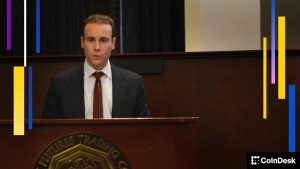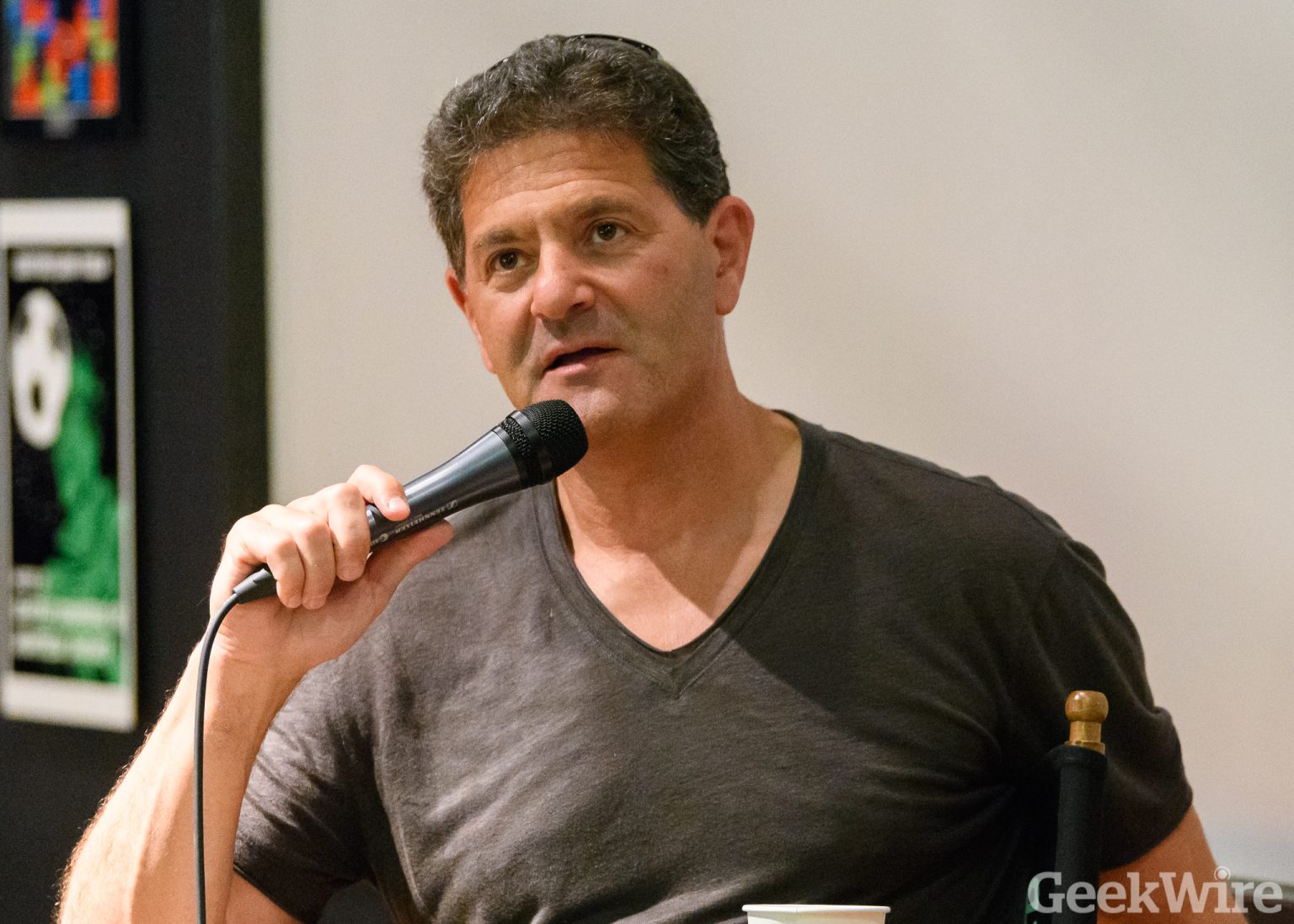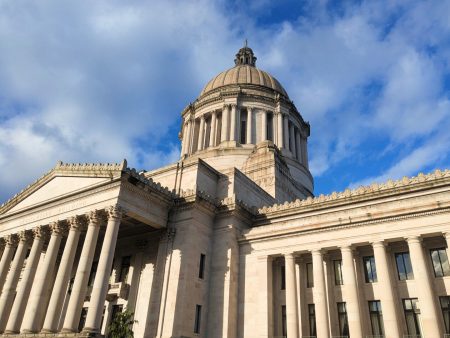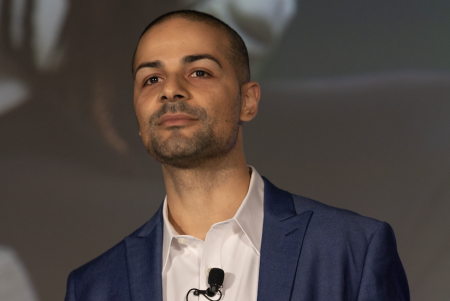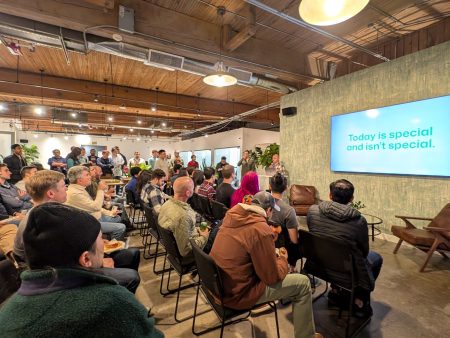Seattle venture capitalist Nick Hanauer, a prominent voice in discussions surrounding economic equality and corporate accountability, has publicly criticized Washington Governor Jay Inslee’s proposed wealth tax, despite Hanauer’s own history of advocating for progressive taxation. This stance marks a notable departure for Hanauer, who was a key figure in the successful campaign for Washington’s capital gains tax, a tax levied on profits from the sale of stocks and bonds exceeding $262,000. While he championed the capital gains tax and previously expressed support for a different wealth tax proposal in 2021, Hanauer has voiced strong opposition to Inslee’s current plan, which targets personal wealth above $100 million with a 1% tax. His core argument rests on the impracticality and legal vulnerabilities of the proposal, predicting its likely failure in a ballot challenge. He also foresees a potential exodus of wealthy individuals from the state, further diminishing the tax’s effectiveness.
Hanauer’s critique centers on the logistical challenges inherent in valuing illiquid assets like startup equity and artwork, which form a significant portion of wealth for many high-net-worth individuals. He argues that accurately assessing the value of such assets is a “logistical nightmare” that has proven unsuccessful in previous implementations elsewhere. This concern is echoed by other members of the Seattle tech community, including venture capitalist Aviel Ginzburg, who fears the potential detrimental impact of the tax on the region’s vibrant innovation ecosystem. A report from the Washington State Department of Revenue further substantiates these concerns, highlighting the administrative complexities associated with valuing intangible assets.
Inslee, whose gubernatorial term ends in January 2025, presented the wealth tax as a solution to the state’s multi-billion dollar budget shortfall and a means to fund essential government programs. Washington, lacking personal and corporate income taxes, relies heavily on sales, property, and business and occupation taxes, a system criticized for its disproportionate impact on lower-income individuals and households. Inslee argues that the wealth tax would address this imbalance by drawing revenue from those who have benefited most from the state’s strong economic growth. The proposal is projected to affect approximately 3,400 residents and generate $10.3 billion over four years, according to state estimates.
Despite Inslee’s rationale, the wealth tax faces significant hurdles, including historical precedent. Several states have attempted, and failed, to enact similar wealth taxes in recent years. Even at the federal level, a re-introduced proposal targeting fortunes exceeding $50 million has struggled to gain traction. Internationally, numerous countries have abandoned wealth taxes due to challenges including high administrative costs, widespread tax evasion, and ultimately disappointing revenue generation. These historical failures reinforce Hanauer’s skepticism about the viability of Inslee’s proposal.
Hanauer, while critical of the current wealth tax proposal, maintains his commitment to progressive taxation. He advocates for increased taxes on high earners and highly profitable corporations, emphasizing the need for collaborative efforts to identify practical solutions to the state’s budget deficit. He draws a parallel to the successful campaign for the capital gains tax, stressing the importance of building a broad coalition of support for any new revenue-generating measures. In Hanauer’s view, Inslee’s wealth tax proposal fails to meet this crucial criterion.
Hanauer’s public dissent underscores the complexities and nuances within the debate surrounding wealth taxation. Even among proponents of progressive taxation, there are disagreements about the most effective and equitable methods for raising revenue. His criticism highlights the importance of carefully considering the practical implications and potential unintended consequences of such policies, emphasizing the need for solutions that are both fiscally sound and politically viable. Hanauer’s call for a broader, more inclusive approach to addressing Washington’s budget challenges reflects a desire to find common ground and build consensus around sustainable and effective revenue solutions.
